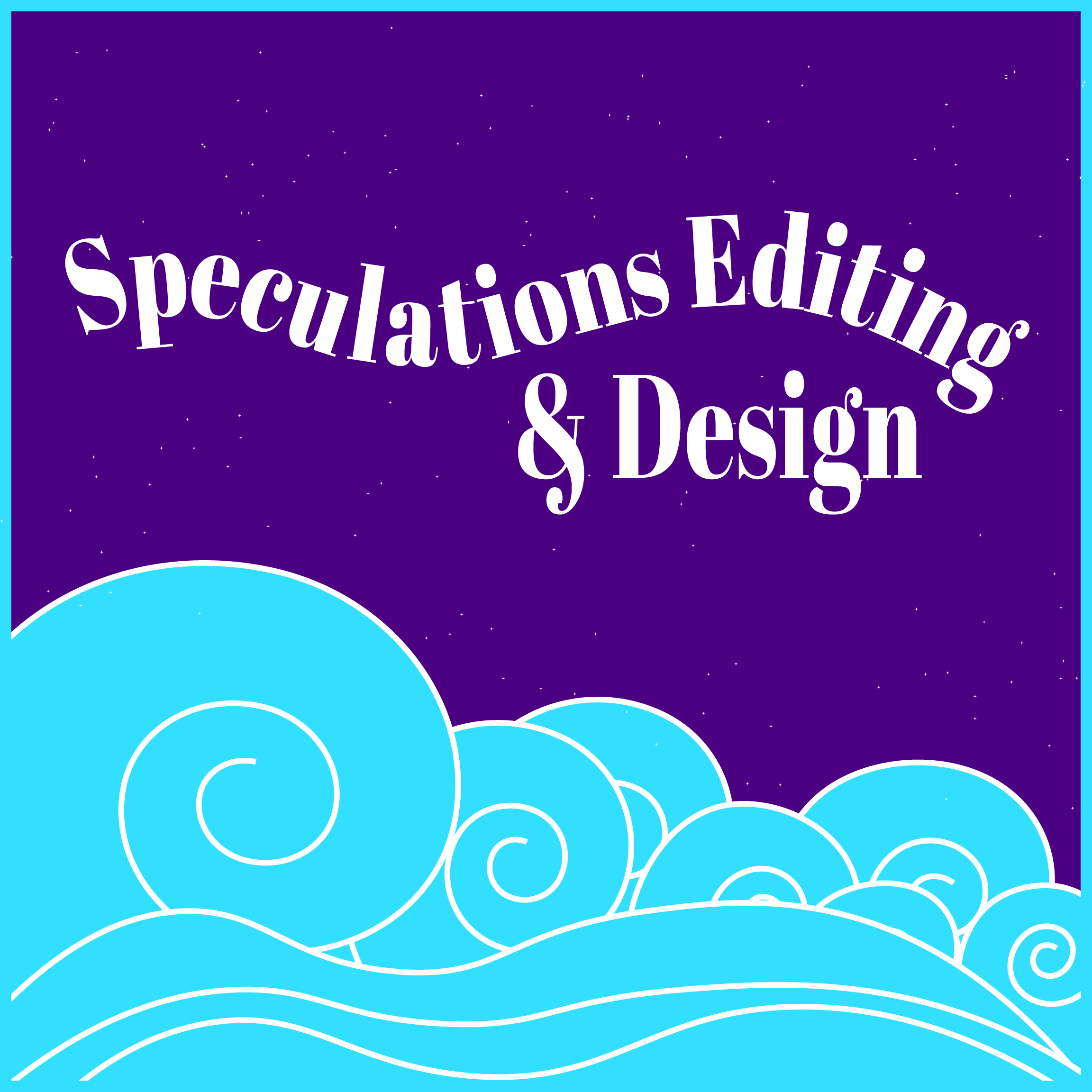Last week, we discussed 7 Ideas for Creating a Knockout Book Title. This week, we’ll discuss how you can take those ideas and turn them into a book title that helps you sell your book.
Some Tips for Getting Your Book Title Right
1. Get Feedback.
You wouldn’t dream of putting your book on sale without getting feedback from readers or editors. Your book title is arguably just as important. Get feedback on it before you put it out into the world.
Get advice from people who are familiar with your genre. They can tell you whether the title fits and what kind of mood the title conveys.
2. Search Google and Amazon.
You’ll be competing with lots of other book titles, so it’s important that you pick one that is unique enough to stand out, one that doesn’t get lost among other similarly titled books.
This is especially important for the first few books in a series or when you’re just getting established.
Sure, by book 12 of his popular series, The Dresden Files, Jim Butcher could get away with the generic, one-word title Changes. Actually, it is a rather clever and appropriate title for those who know the series well. However, by that point, Butcher had people waiting with bated breath for the next Dresden book to come out, and he didn’t have to worry about whether his title would get lost in the shuffle of the more than a quarter million books published in the United States each year.
For the rest of us, Google and Amazon can help us discover whether the book title that we have come up with has already been used or whether there are a bunch of other books with titles so similar that search engines won’t know the difference.
Be sure to search for your title with and without quotation marks. Using quotes around your term directs the search engine to look for the exact order and combination of words that you have typed. For example, searching lovers and demons on Amazon books gets you quite different results than searching for “lovers and demons.”
Use what you find to get an idea of what book titles are already out there, and tweak your own as needed.
3. Keep It Simple and Specific.
If you look at the current lists of Amazon and New York Times bestsellers, almost all of the titles (not including subtitles) is one to four words long. There are exceptions where longer titles work, but people are often looking for titles that are unique but simple enough to remember.
4. Use Keywords.
For titles that might trend toward the generic side or if you are a new author, the use of keywords, especially in your subtitle, can help your book attract readers. For example, adding the subtitle “A Vampire Romance” will let paranormal romance fans know immediately that this is the kind of book they’re looking for.

5. Avoid Book Titles that Have Nothing to Do with Your Actual Story.
Be careful that your title doesn’t convey a meaning that you don’t intend. Together, your title, cover, and back cover blurb should give your readers a clear picture of what your book is about. If any of these is misleading, it can lead to bad reviews and turn away future readers.
6. Be Cautious of One-Word Book Titles.
A one-word title might work for you if that particular word is uncommon or even made up. The use of a character’s name can also be an effective method for creating a one-word title. Think Beowulf, Dracula, and Rebecca. These names really work as book titles, and the first two especially have no risk of being confused with anything else.
However, if you use too common a word for your title, it may be pushed down to the bottom of the search results and/or be duplicated by other books that are already out there.
Once your book is known and people start searching for it, they need to be able to find it. For example, if your book is titled Seduction, readers might have trouble. A search for the word seduction brings up a lot of book titles on Amazon, especially in the romance genre. The title of your book will be competing with not just single-word titles but all the titles containing that word.
Adding just a couple of memorable words to your title can make it easier for readers to find. In our previous example, changing Seduction to Seduction at Clear Point makes the title much more searchable.
7. Avoid Offensive Titles or Ones with Unintended Negative Connotations.
Be careful that you don’t offend potential readers with the title of your book. Save your controversial content for the inside. It’s generally a good idea to avoid offensive titles unless they serve to attract the audience you’re looking for.
8. Don’t Spoil Your Book with Its Title.
On the same note, be cautious that your book title doesn’t give away your ending. Otherwise, why would people want to buy it? How many people would want to read the play Hamlet if it were titled Everyone Dies in the End? (Well, maybe more than we’d think, but those folks may not have been the audience Shakespeare was looking for.)
What are your tips for creating intriguing, sellable book titles?
Like this:
Like Loading...









